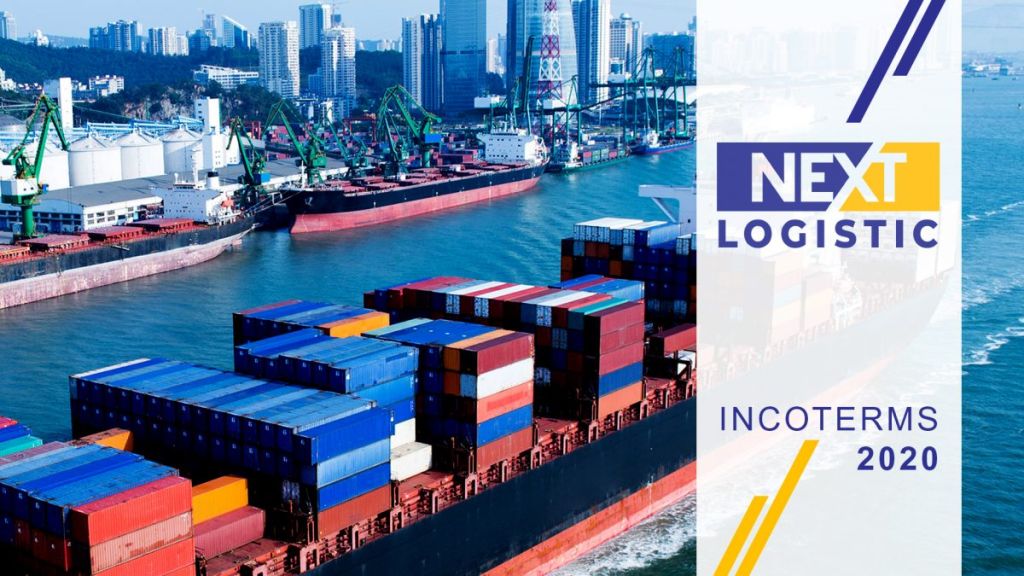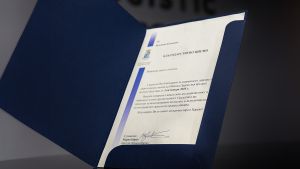INCOTERMS
What are they
Incoterms (short for International Commercial Terms) are three-letter trade terms established by the International Chamber of Commerce to facilitate international trade.
The latest revision of the Incoterms rules in 2020 consists of a total of 11 terms, designed to guide buyers and sellers in the shipping process by defining the responsibilities of each party at every stage of transportation.
What to consider when choosing a term
Choosing the Incoterm that best suits your maritime transport needs can be challenging. From international shipping costs and responsibilities to customs clearance and duty payments, there are many factors to take into account.
Mode of transport
Not all Incoterms are suitable for all international shipments, and depending on your mode of transport, you may need to choose one over another.
Here’s a quick breakdown of the modes of transport and their corresponding Incoterms.
These are the ones that can be used for multimodal transport, i.e., a combination of at least two types of transport — whether sea, air, road, rail, etc.
- EXW (Ex Works)
- DPU (Delivered At Place Unloaded)
- FCA (Free Carrier)
- DAP (Delivered At Place)
- CPT (Carriage Paid To)
- DDP (Delivery Duty Paid)
- CIP (Carriage and Insurance Paid to)
While these Incoterms are mainly suitable for sea transport
- FAS (Free Alongside Ship)
- FOB (Free On Board)
- CFR (Free On Board)
- CIF (Cost, Insurance, and Freight)
How much control do you want to have
The Incoterm you choose for your international shipment defines the shipping zones and the stages for which you are responsible.
The general rule is that the more responsibility you take on, the higher the cost for you. But this also means you have more control over the shipment.
For example, Incoterms DPU, DAT, and DDP give the seller full control over the entire process until the goods arrive at the destination.
This includes arranging road transport, sea transport, origin customs clearance, shipping insurance, and more. In essence, this means that the buyer has no right to make decisions regarding transport arrangements when the shipment is in the country of origin.
This can be problematic if, as a buyer, you need your shipment to arrive by a specific date. Since it is the seller’s responsibility to book and pay for the ocean freight, he or she may end up booking the cheapest option, which could risk your cargo not arriving on time.
How much control do you want to have
Although Incoterms are responsible for defining the rules and responsibilities in the shipping process, there are some aspects that remain outside their scope:
- Ownership rights of goods: Incoterms cannot determine the ownership of goods. This must be agreed upon separately between the buyer and the seller.
- Force majeure circumstances: These refer to unavoidable events beyond the control of either buyer or seller. They include natural disasters, acts of war, terrorism, civil or military unrest, and similar situations.
- Breach of contract: Incoterms also do not cover breaches of contract (i.e., when one party fails to comply with the binding agreement), whether by the buyer or the seller. Such clauses must be specifically included in your contract.
- Payment terms: Incoterms do not regulate how payments should be made between buyer and seller and do not cover financial obligations.
Share
Contact us
Fill out the form to request transportation services.
We will contact you as soon as possible.






